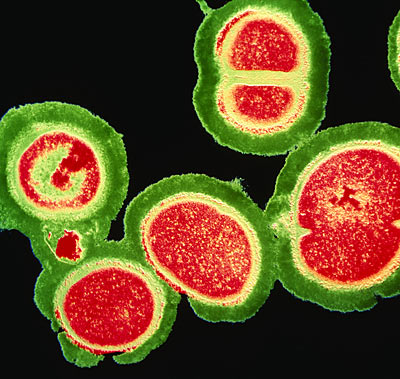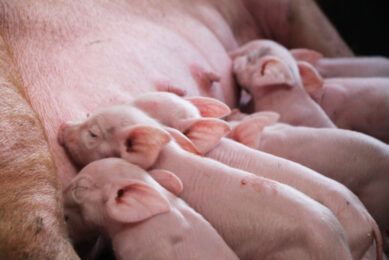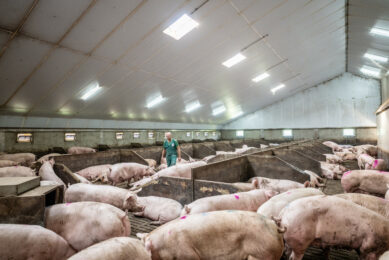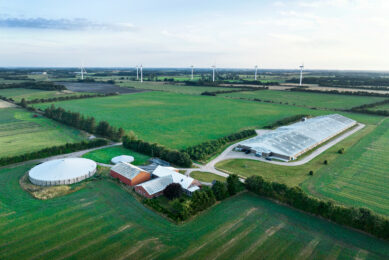Denmark: Less MRSA spread than the Netherlands

Denmark has so far experienced considerably less spread of the Methylicin-Resistant Staphylococcus Aureus bacteria (MRSA) than the Netherlands. This could be related to the different situations in both country’s livestock industries.
This became clear in Dutch Parliament this week when Dutch agricultural minister Gerda Verburg answered questions related to MRSA.
Hospital bacteria
The MRSA bacteria usually strikes in weaker people in hospitals, hence its nickname ‘the hospital bacteria’. The same bacteria has been found to exist in pig and other livestock farms around the globe, but the exact relationship with farms and the bacteria in humans is still researched.
Verburg stated that Danish farms use less antibiotics in animal production; in addition, there are more farms having a Specific Pathogen Free (SPF) status. She claimed that it is difficult to quantify the role of these factors as specific data are missing.
Hygiene status
Verburg said that “it isn’t possible to say that in general, the Danish pig industry has a higher hygiene status,” as she claims there is no benchmark to prove that. Especially in the Netherlands, authorities and the private sector have implemented a wide range of hygiene measures due to an outbreak of Classical Swine Fever (CSF) in the 1990s.
Denmark, however, does have a larger amount of closed farms and farms with an SPF status. In addition, the amount of animal transports between farms may be less than in the Netherlands.
Daily doses
Antibiotic use in animal production is lower in Denmark than in the Netherlands. Reports from Wageningen University and Research Centre (2009-2015) showed that the average daily doses of anitbiotics per animal in 2006 and before had been lower in Denmark than in the Netherlands. These figures were based on all animal production sectors; detailed data per sector have not been available so far.
Related article:
• Questions and answers around MRSA©in pigs
Related websites:
• Wageningen University and Research Centre (WUR)
• Dutch ministry of agriculture, nature and food quality (LNV)











